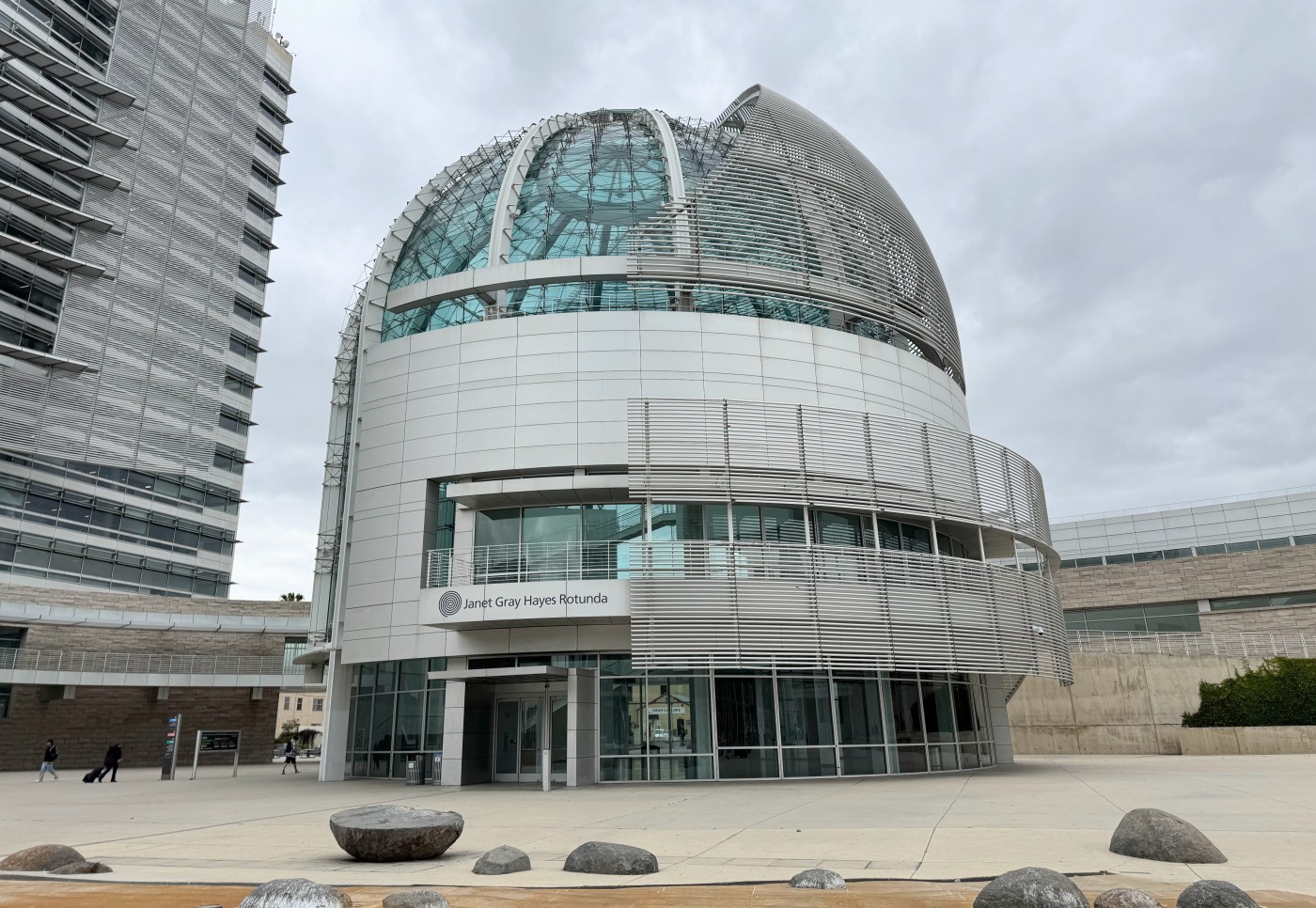
In 2018, San Jose voters wisely removed the power to set City Council salaries from the hands of elected officials and placed it with an independent Salary Setting Commission. This reform established a clear standard: Salary decisions should be fair, transparent and impartial — free from political self-interest.
Now a proposal by Mayor Matt Mahan puts that progress at risk, returning compensation decisions to the council under a so-called “pay-for-performance” model. The proposal would withhold 5% of councilmembers’ salary pending a council self-evaluation.
Accountability matters, but in a democracy, accountability comes through elections, public hearings, audits and media scrutiny, not politically set compensation formulas. Officials should answer to the electorate, not to benchmarks they themselves set.
While applying managerial practices from the business world might sound appealing, the mayor’s proposal is profoundly ill-suited to democratic governance. Academic research, global best practices and common sense all conclude that performance-based pay for elected officials is not just ineffective — it’s dangerous.
A 2019 study in the American Review of Public Administration found that pay-for-performance initiatives often fail in government settings because public goals are difficult to measure and rarely attributable to individual actors. Councilmembers operate in a system of interdependent agencies, legal constraints and community needs. Highly regarded research in economics shows that tying pay to metrics that capture only one part of a complex job leads people to game the system.
This isn’t just theoretical. Expert organizations like the International Foundation for Electoral Systems — which has hands-on experience implementing democratic reforms — warn that pay-for-performance is associated with corruption and manipulation more common in authoritarian systems. It risks incentivizing short-term political wins over thoughtful, long-term planning. It imposes a one-size-fits-all approach that motivates officials to think about their salaries, not their communities, when making policy.
When you tie compensation to metrics, those metrics become political. Who sets them? Who verifies them? It’s naïve to think a council won’t choose benchmarks that are easily achieved or shaped to their advantage.
For instance, California legislators must pass a state budget on time or risk losing their pay. The result? Legislative deadlines are met on paper with placeholder budgets that get revised weeks later. Public Policy Institute of California noted this pattern, raising concerns that lawmakers are focused on meeting deadlines, not making good budgets.
A 2015 study in Governance underscores the danger. It found that when elected-official compensation becomes politicized, it reduces public trust and discourages civic participation. The study’s key recommendation: salary-setting should be independent, structured and insulated from political influence.
Beyond ethics, there’s a practical concern. If San Jose wants to attract a broad and talented pool of candidates, it must offer salaries that are consistent and appropriate to the demands of the role. A full-time City Council deserves compensation that reflects the cost of living and complexity of the work — not one that fluctuates based on factors beyond an individual’s control.
Research in political science suggests that people worry specifically about salary when considering seeking public office. We are likely to get fewer candidates, and worse candidates, in a system in which their future pay is uncertain and at the mercy of political maneuvering.
And what happens when crises hit? In 2020, the pandemic forced governments worldwide to abandon annual plans and focus on emergency response. A rigid pay-for-performance model would have falsely labeled those years as failures, punishing leaders for prioritizing public safety over pre-set metrics.
Related Articles
San Jose eyes creation of entertainments zones with FIFA World Cup, Super Bowl LX on the horizon
San Jose mayor, county officials continue war of words over controversial homeless arrest proposal
City, VTA officials break ground on 200-unit tiny home community in North San Jose
Editorial: Two candidates vie for downtown San Jose council seat. One stands out.
San Jose officials push city to find alternative site for Berryessa Flea Market
San Jose voters already chose the right model: a nonpartisan commission that reviews compensation with rigor and objectivity. Let’s preserve that system, keeping salary decisions independent, not politicized. And let’s continue building a local government that’s worthy of the public’s trust.
Andrew Hall is professor of political economy at the Stanford Graduate School of Business. Alexander Gvatua is a former consultant for the International Foundation for Electoral Systems. David Cohen is a San Jose city councilmember.